Why are corn and soybeans at the heart of India-U.S. trade talks?
Corn and soybeans have figured prominently in the negotiations, with the United States eager to sell these two agricultural products to India.
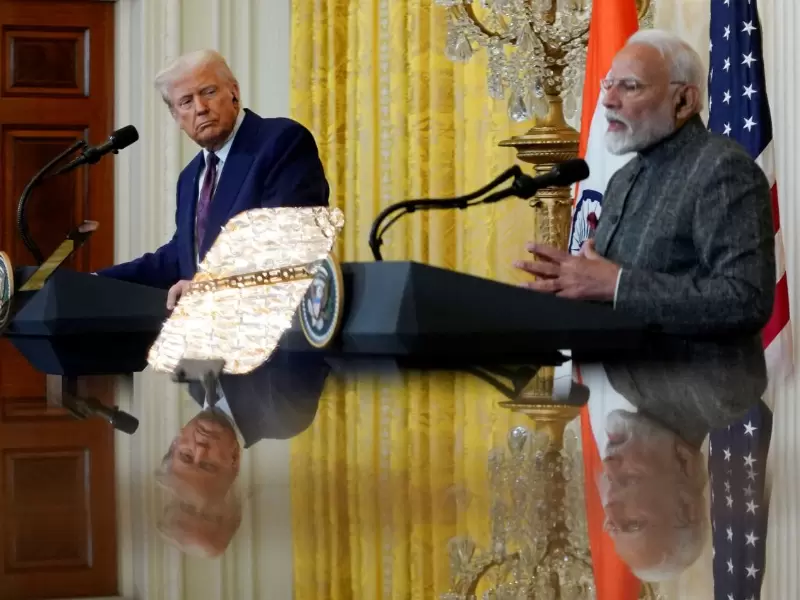 U.S. President Donald Trump and Indian Prime Minister Narendra Modi are pictured in a mirror as they attend a joint press conference at the White House in Washington, D.C., U.S., February 13, 2025. / REUTERS/Nathan Howard/File Photo
U.S. President Donald Trump and Indian Prime Minister Narendra Modi are pictured in a mirror as they attend a joint press conference at the White House in Washington, D.C., U.S., February 13, 2025. / REUTERS/Nathan Howard/File Photo
U.S. President Donald Trump said this week he spoke with Indian Prime Minister Narendra Modi mainly about trade, and that Modi had assured him India would limit its oil purchases from Russia.
After the United States sanctioned Russia's top oil producers on Oct. 22, Indian refiners—major buyers of cheap Russian oil—said they are set to sharply cut imports, potentially clearing a key hurdle to a U.S.-India trade deal.
Also Read: Cannot let tariffs overwhelm US-India relationship: Diplomat Nicholas Burns
Why India wants a trade deal with the USA
India faces steep 50 percent tariffs on its exports to the United States—with half of the duties aimed at punishing Russian oil purchases—putting pressure on key industries including textiles, jewelry, seafood, leather, and engineering goods that employ millions of people.
Some reports say the United States could cut tariffs on Indian imports to 15–16 percent from 50 percent, with the deal likely to hinge on energy and agriculture.
What concessions is the U.S. pressing India to make?
Corn and soybeans have figured prominently in the negotiations, with the United States eager to sell these two agricultural products to India.
India has increasingly turned to corn to boost ethanol output, but its rules bar ethanol made from imported grains and prohibit genetically modified (GM) food crops. The United States mostly grows GM corn, though some U.S. farmers also produce non-GM varieties.
The United States is pressing India to allow corn imports, arguing that ethanol made from U.S. corn would be used solely for blending with gasoline and not enter Indian agriculture.
Why does Trump want to export corn, soybeans and soymeal?
Tit-for-tat tariffs imposed by Washington and Beijing have made U.S. soybeans too expensive for buyers in China, which has long been the world's largest soybean importer.
To help U.S. soybean farmers saddled with surplus stocks, Washington is keen to sell the oilseed to India. The Trump administration is also pressing India—home to the world's largest cattle herd—to buy American soymeal, a protein-rich animal feed.
Is India willing to allow such imports?
New Delhi has balked at suggestions to allow market access for American grains and dairy, citing the need to protect the livelihoods of small farmers. But India could consider allowing some corn and soymeal imports, trade and industry sources say.
India's soybean industry has opposed imports of both American soybeans and soymeal, saying such imports would hurt the country's oilseed producers and that India already has surplus stocks of the animal feed.
Resisting corn imports, ethanol producers say any shipments of the grain would disrupt the entire ethanol supply chain, especially as India's ethanol production capacity exceeds consumption.
With assembly elections nearing in the eastern state of Bihar, a big producer of corn, U.S. imports could anger farmers, an influential voting bloc.
ADVERTISEMENT
ADVERTISEMENT
E Paper
Video



 Reuters
Reuters

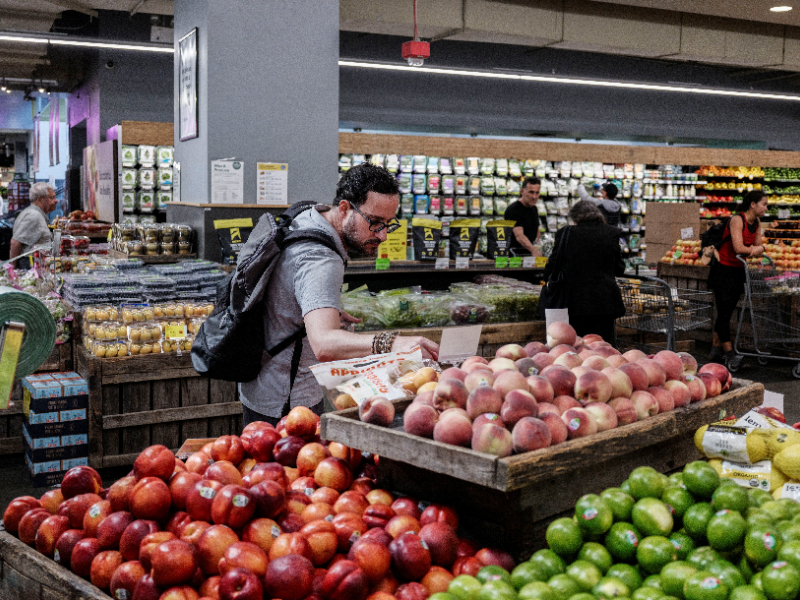
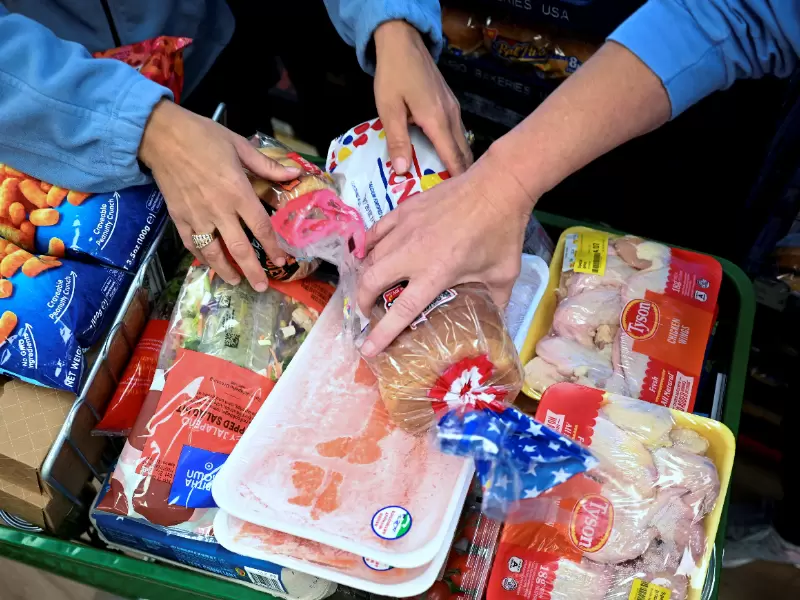

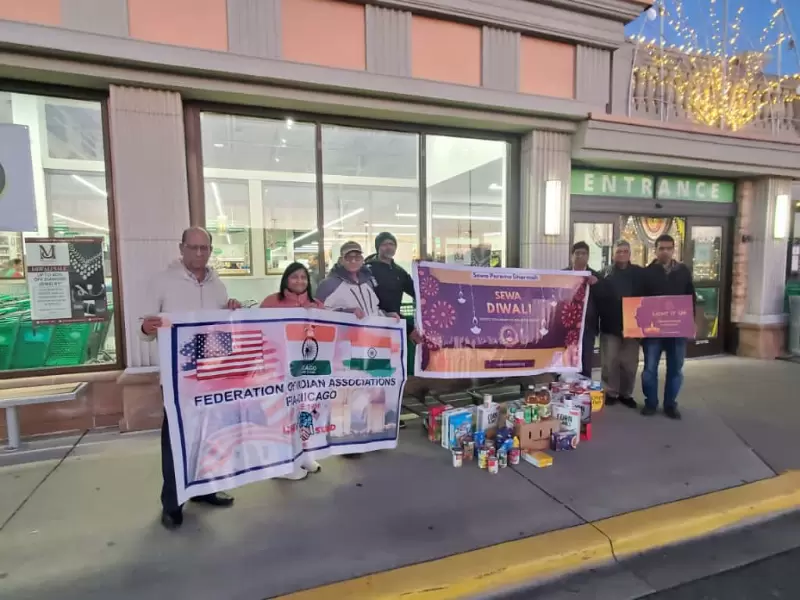
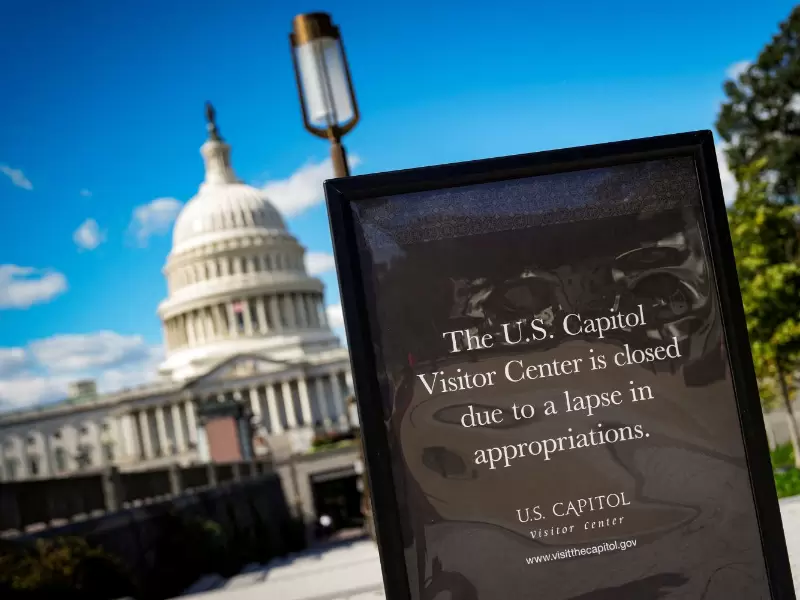

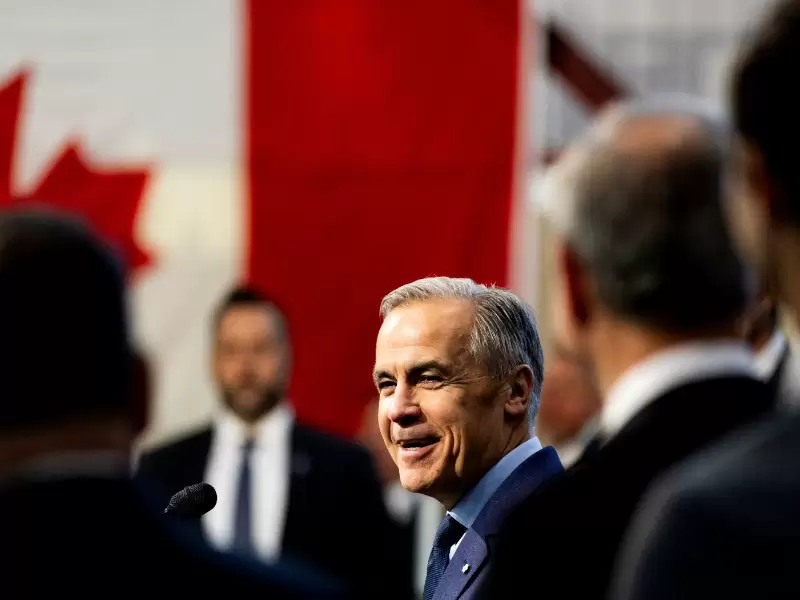
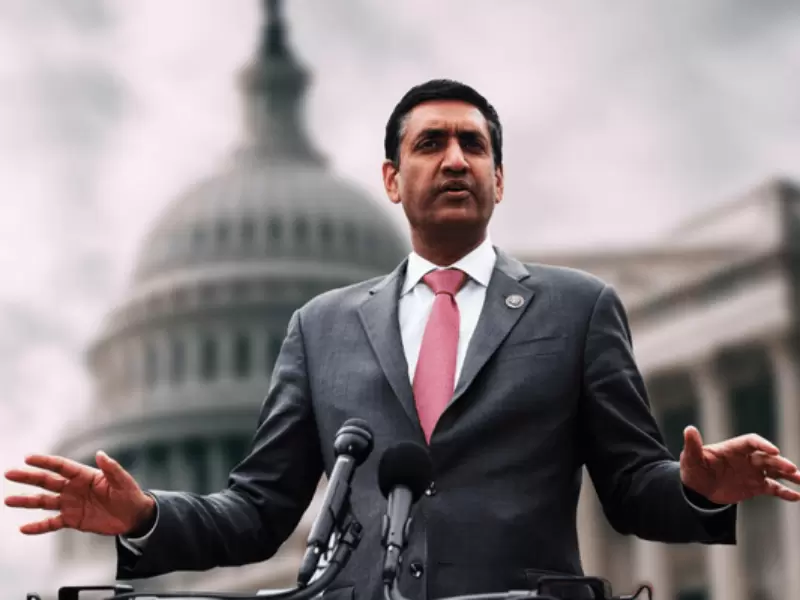




Comments
Start the conversation
Become a member of New India Abroad to start commenting.
Sign Up Now
Already have an account? Login